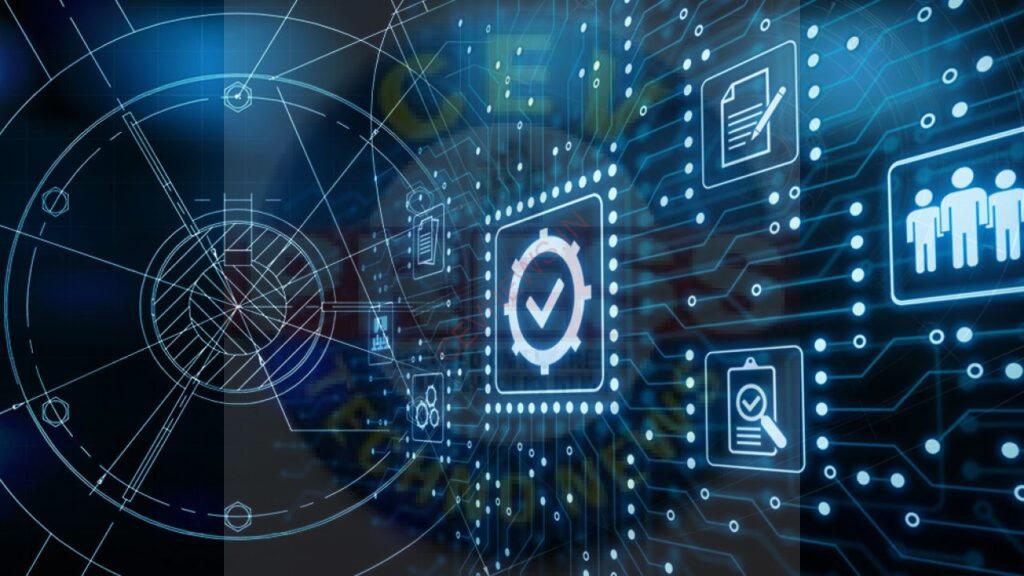CENTRAL BANK AND ITS FUNCTIONS
A central bank is a financial institution that is responsible for managing a country’s monetary policy and overseeing its banking system. Its primary objective is to ensure stability in the financial system and promote economic growth by controlling the supply of money and credit in the economy. Central banks are typically independent of the government and have the power to influence interest rates, control the money supply, and regulate financial institutions.
Central banks play a crucial role in the economy by influencing the level of inflation, promoting employment, and maintaining stability in the financial system. They are responsible for implementing monetary policy, which involves adjusting interest rates, controlling the money supply, and influencing the exchange rate. They also act as a lender of last resort, providing emergency funding to banks and other financial institutions in times of crisis.
In addition to its monetary policy functions, a central bank is also responsible for regulating the banking system and overseeing the payment and settlement systems. They may also issue currency, manage foreign exchange reserves, and conduct economic research and analysis to inform their policy decisions.
Examples of central banks include the Federal Reserve in the United States, the European Central Bank in the Eurozone, the Bank of Japan in Japan, and the People’s Bank of China in China.
A central bank is a financial institution responsible for managing a country’s monetary policy and regulating the money supply. The main functions of a central bank include:
- Monetary policy: The central bank is responsible for formulating and implementing monetary policy to achieve macroeconomic objectives such as price stability, low inflation, and sustainable economic growth. The central bank can use various tools such as interest rates, reserve requirements, and open market operations to achieve these goals.
- Regulating the banking system: The central bank is responsible for regulating and supervising banks and other financial institutions to ensure they are operating safely and soundly. This includes setting capital requirements, conducting regular inspections, and taking corrective action if necessary.
- Issuing currency: The central bank is responsible for issuing and distributing currency and coins in the economy. This includes maintaining an adequate supply of currency, designing and printing banknotes and coins, and managing the distribution of cash to banks and other financial institutions.
- Managing the country’s foreign exchange reserves: The central bank is responsible for managing the country’s foreign exchange reserves, which are held in foreign currencies and assets. This includes buying and selling foreign currencies to maintain a stable exchange rate and to protect the value of the country’s currency.
- Providing banking services to the government: The central bank acts as the government’s banker and provides a range of services such as managing the government’s accounts, facilitating transactions, and issuing government bonds.
Overall, the central bank plays a critical role in maintaining the stability of the economy and financial system, and its functions are essential for the smooth functioning of the country’s financial system.




